Prelude to the Murder of a Prison Guard (1979)
Gênero :
Runtime : 57M
Director : Masashi Yamamoto
Sinopse
A young man idles around Tokyo, collecting materials to construct a diorama of a cityscape.
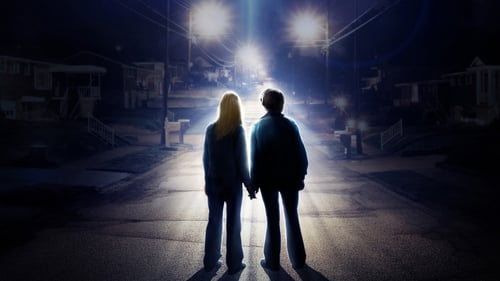
No verão de 1979, um grupo de seis garotos em uma cidade industrial de Ohio testemunha uma catastrófica colisão noturna de uma caminhonete com um trem de carga. Eles registram tudo com a câmera Super-8 com a qual estavam tentando fazer um filme. Não tarda para que eles comecem a desconfiar que aquilo não foi um acidente, quando misteriosos desaparecimentos começam a acontecer e o exército tenta encobrir a verdade (algo muito mais terrível do que eles poderiam imaginar).
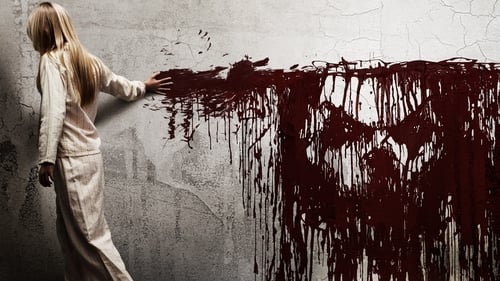
Ellison é um escritor de romances policiais que acaba de se mudar com a família. No sótão da nova casa, descobre antigos rolos de filme que trazem imagens de assassinatos violentos. Intrigado com o que elas representam e com um estranho símbolo presente nas imagens, ele e a sua família logo passam a correr sério risco de vida.
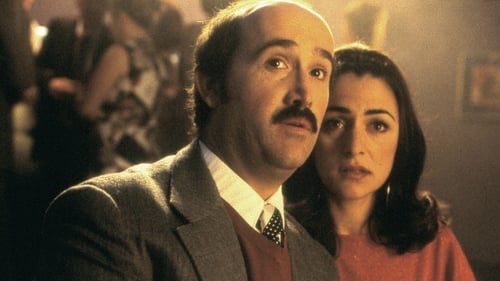
Alfredo Lopez (Javier Cámara) é um vendedor fracassado de enciclopédias, que vive na Espanha dos anos 70. Convidado por seu chefe para um simpósio, ele e sua esposa Carmen (Candela Peña) são surpreendidos com o anúncio do novo projeto da empresa: a confecção de uma Enciclopédia Sexual Visual, que contará com fitas de casais de vários países europeus. A proposta do chefe é que seus empregados rodem seus próprios filmes eróticos, que seriam destinados exclusivamente aos países escandinavos. O casal, em crise financeira, aceita a proposta e inicia suas produções com uma simples câmera Super 8. Essa nova atividade rejuvenesce a paixão do casal, que fica famoso em toda a Escandinávia. Alfredo se empolga com a repercussão e influenciado por seu grande ídolo, Ingmar Bergman, planeja sua primeira incursão em uma película não pornográfica.
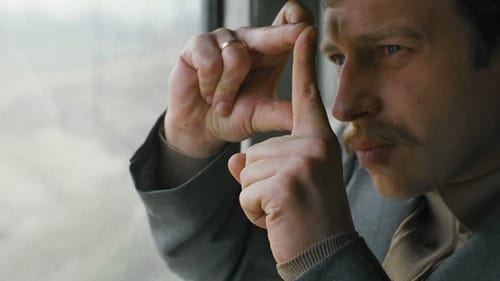
Filip Mosz é um operário que resolve comprar uma filmadora 8 mm para registrar os primeiros dias da filha recém-nascida. No entanto, o que era para ser apenas um hobby se torna uma obsessão. Mosz começa a filmar tudo e todos. Pessoas do cotidiano transformam-se em "astros" de suas produções. Mas não tarda para que o "operário-documentarista" se depare com dilemas éticos, que trarão sérias consequências para ele e sua família.

Indifferent landscapes, refracting light, some lonely bird and the window to the sebum-laden living room made of patterned wallpaper and trivialities. Cut. Tenacious sequences inflate moments to cliff-hangers and shatter their tremulous spectatorship. Thundering leitmotifs – in constant intoxication by German disinterest – with no backrest or lederhosen. Black-red-gold at full mast, the cinema is dead.
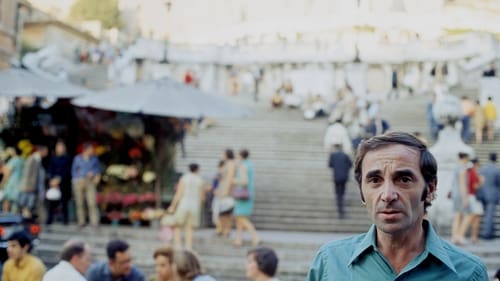
In 1948, French singer Charles Aznavour (1924-2018) receives a Paillard Bolex, his first camera. Until 1982, he will shoot hours of footage, his filmed diary. Wherever he goes, he carries his camera with him. He films his life and lives as he films: places, moments, friends, loves, misfortunes.
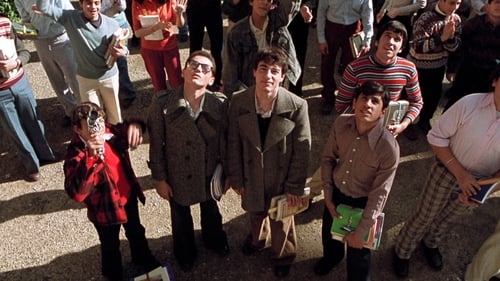
In April, 1975, civil war breaks out; Beirut is partitioned along a Moslem-Christian line. Tarek is in high school, making Super 8 movies with his friend, Omar. At first the war is a lark: school has closed, the violence is fascinating, getting from West to East is a game. His mother wants to leave; his father refuses. Tarek spends time with May, a Christian, orphaned and living in his building. By accident, Tarek goes to an infamous brothel in the war-torn Olive Quarter, meeting its legendary madam, Oum Walid. He then takes Omar and May there using her underwear as a white flag for safe passage. Family tensions rise. As he comes of age, the war moves inexorably from adventure to tragedy.

A grandmother dies and leaves behind hours of secret film and audio recordings as well as an envelope with the words “Must read after my death,” which reveal a dark history for her family to discover.
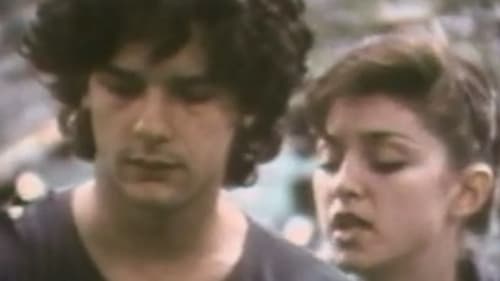
A street-wise teen gets herself in a series of circumstances and mishaps in her meaningless existence.

In this short slice of transgressive punk cinema, a woman achieves accidental revenge on her boyfriend after he cruelly kills and eats the fish-stick that she had magically brought to life. Despite this tragic event, not all is lost for Lolita, as she soon meets an unexpected new friend.

During a recent remodel of The Yellow House crews discovered the remains of a little girl and a super 8 movie camera with the footage still inside. The footage has been released to the media by Summerland police with the hope that someone can solve this mystery. Police investigators confirm the film was shot by the missing couple. It is believed they were murdered by occult members. This is their footage.

SONG 13: A travel song of scenes and horizontals (the Songs are a cycle of silent color 8mm films by the American experimental filmmaker Stan Brakhage produced from 1964 to 1969).

The filmmaker Juan Pinzás goes on a physical and also inner journey, in search of some lost images that he filmed in the 80s. The journey takes him from Madrid to Galicia and on the search for these images he meets with various characters who will help him in his undertaking, such as the actors Paul Naschy and Javier Gurruchaga whose personal worlds will be examined in the film. Finally in Vigo, his home city, of which he presents a remarkable portrait, he finds an old film in Super-8mm with the missing images. The catharsis is produced with the viewing of the old film which turns out to be a tribute to cinema and this means the end of the filmmaker's introspective journey.

A man is threatened by mobsters to pay up a loan or be killed.

SONG 7: San Francisco (the Songs are a cycle of silent color 8mm films by the American experimental filmmaker Stan Brakhage produced from 1964 to 1969).

In the old projection room of a cinema something comes to life. 24 frames per second. 24 beats per minute. The analogue film is infinite. ∞

SONGS 2 & 3: Fire and a mind’s movement in remembering (the Songs are a cycle of silent color 8mm films by the American experimental filmmaker Stan Brakhage produced from 1964 to 1969).

Shot on Super 8, Aunty CB is a memory montage of a woman’s stream of consciousness and her honest introspection surrounding gendered family dynamics and childhood trauma. Framed as a confessional monologue, Singlish, Hokkien, and English are employed to capture a linguistic and vernacular portrait of the eponymous character.

BACK IN MY BODY is a short documentary about musician Maggie Rogers returning to Alaska, a place that has had a huge impact on her life.













